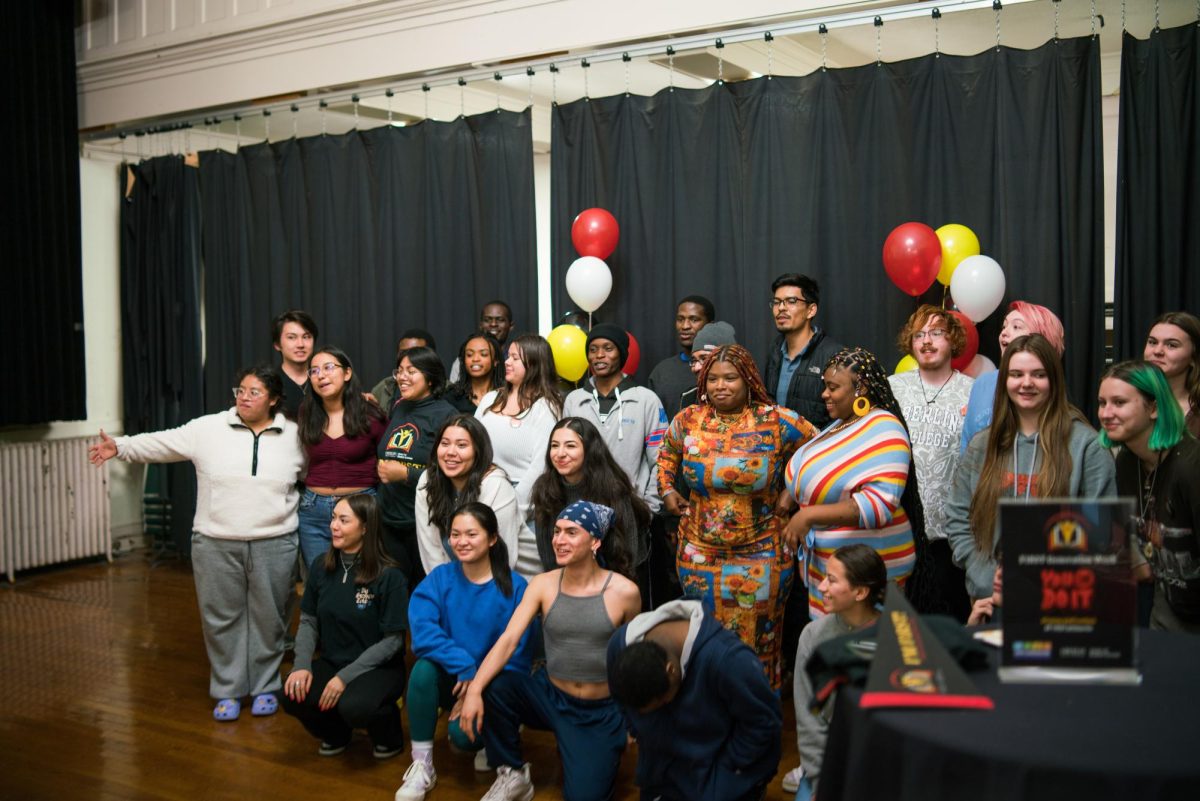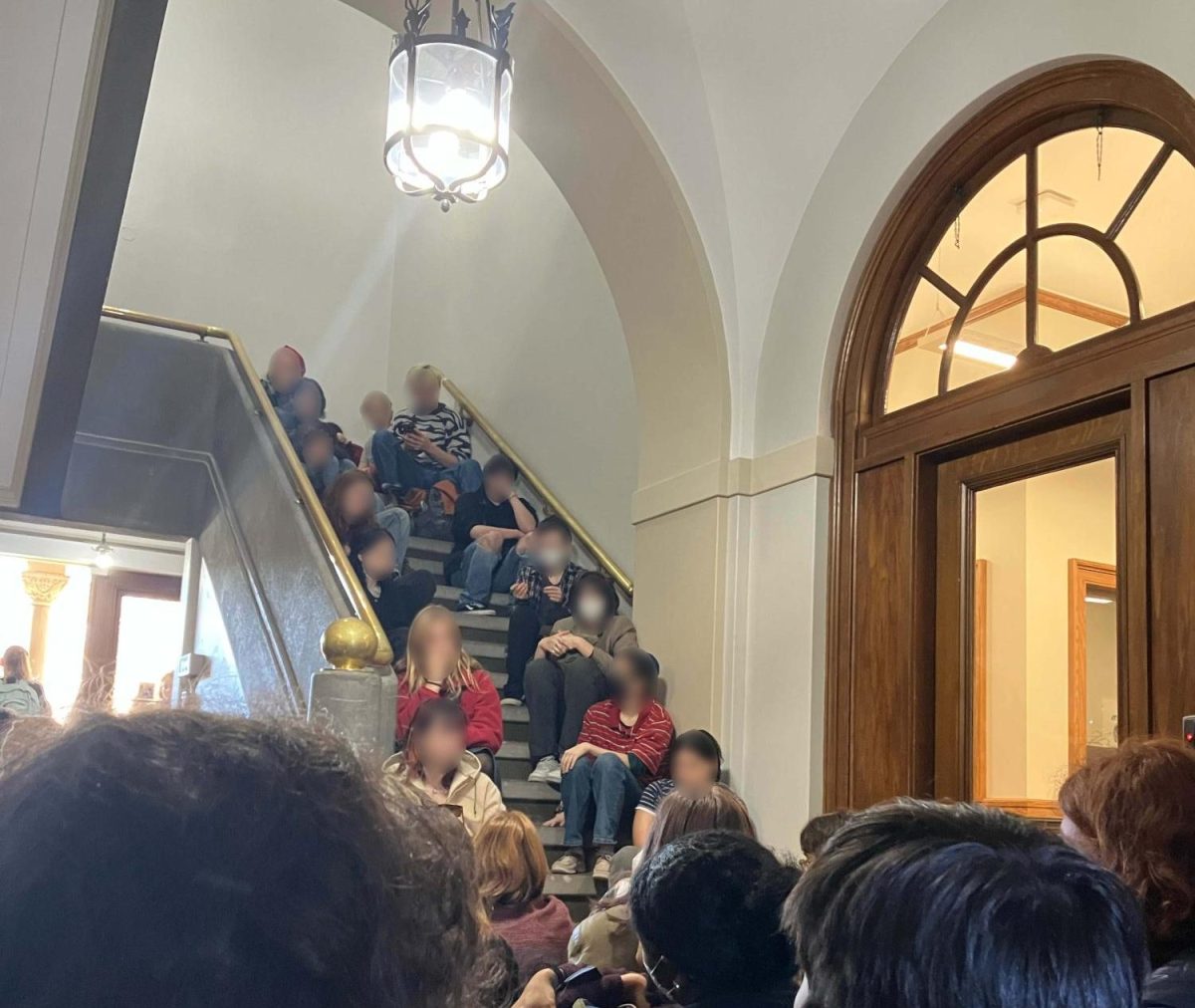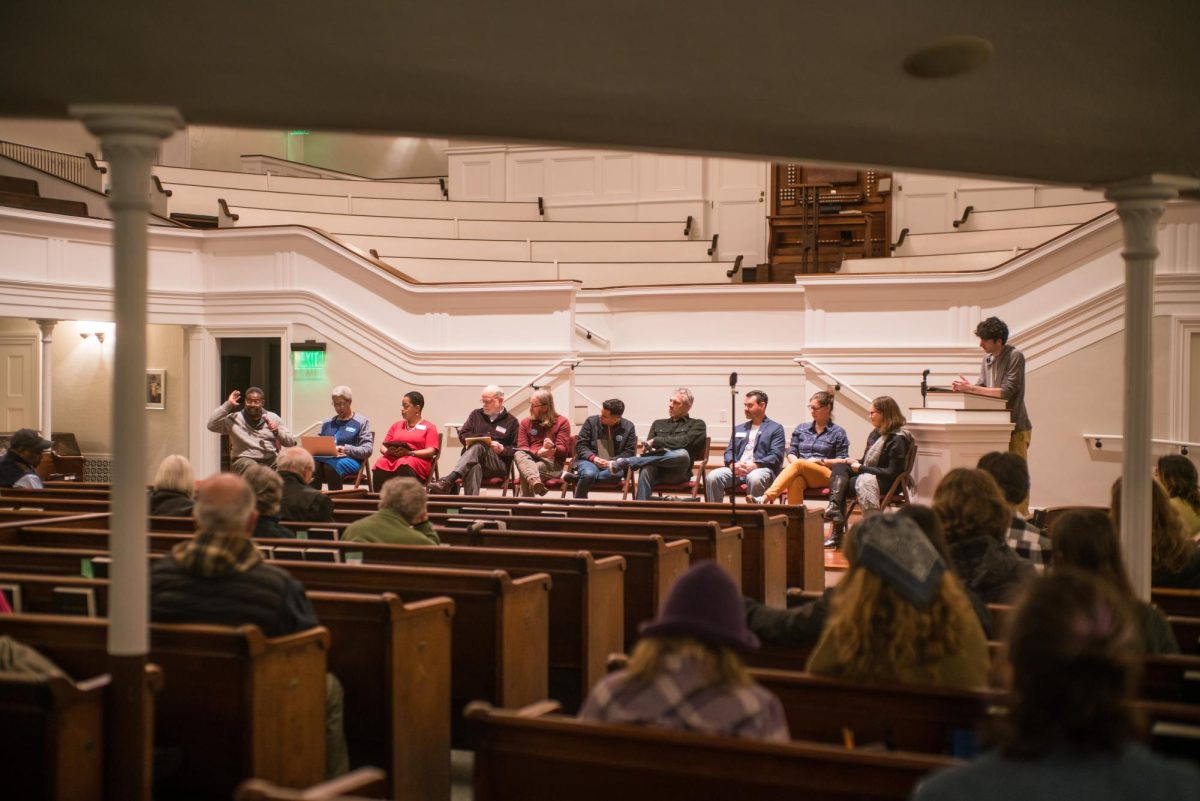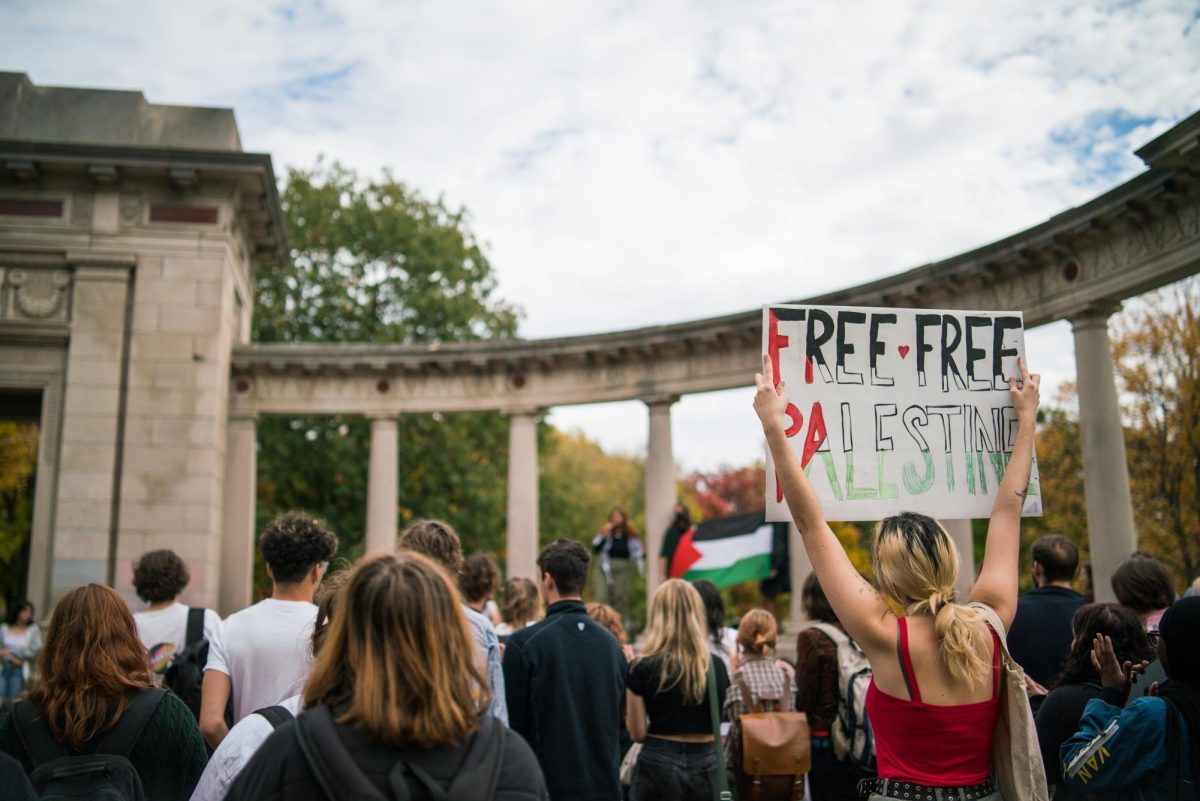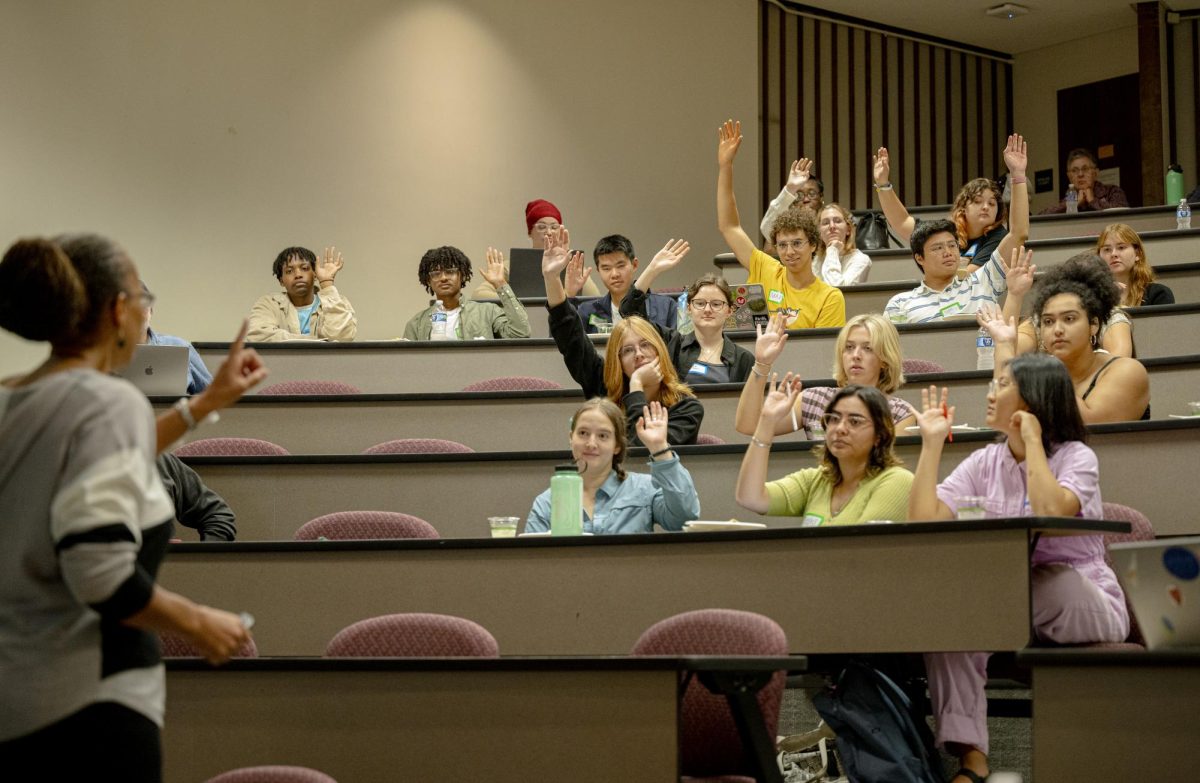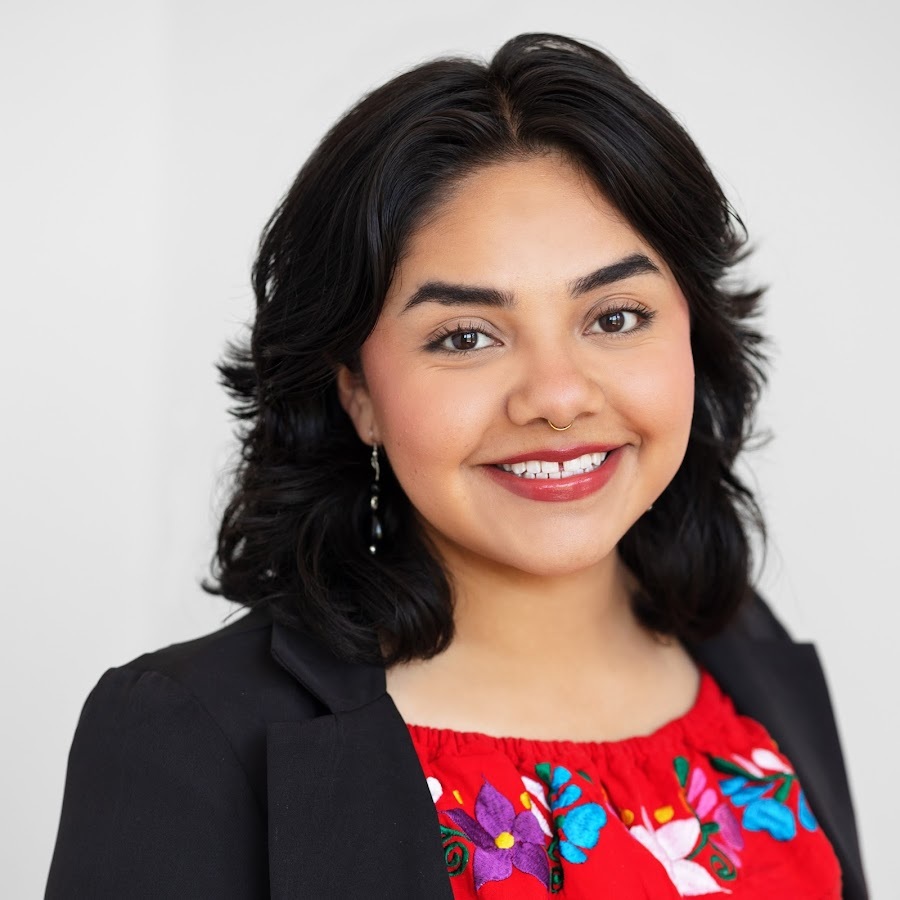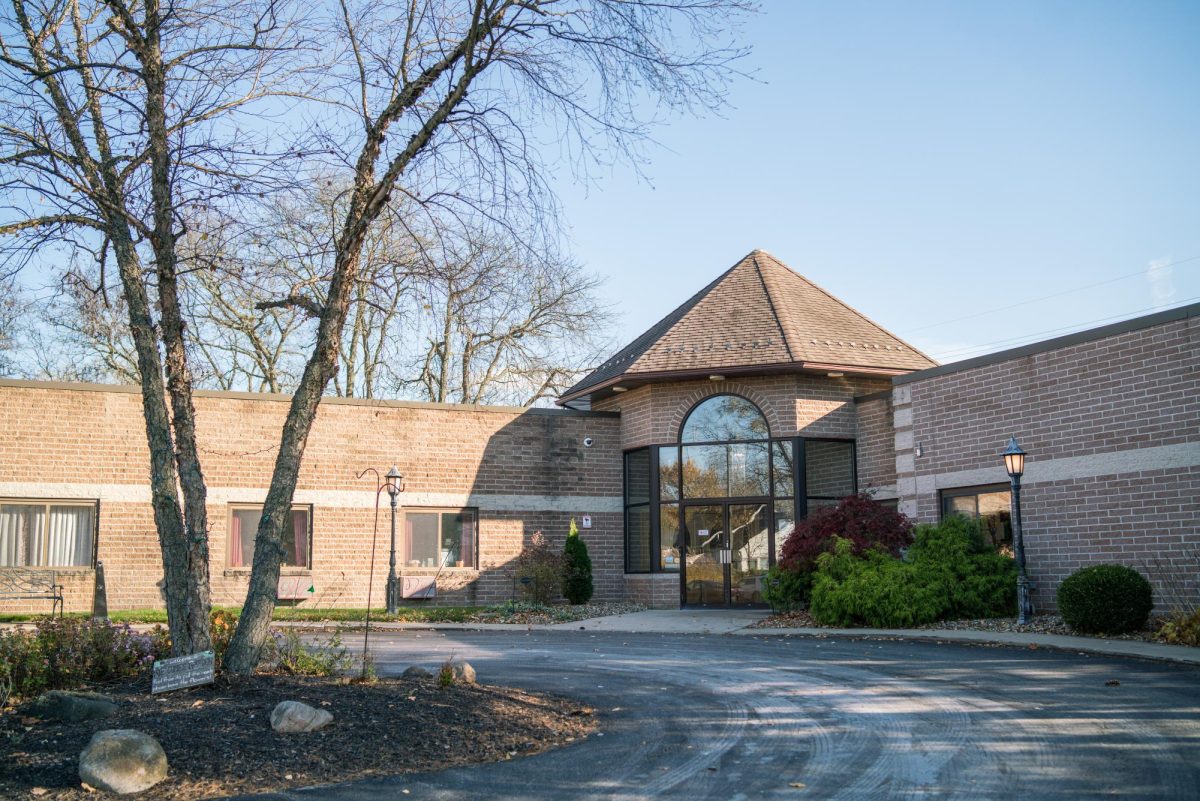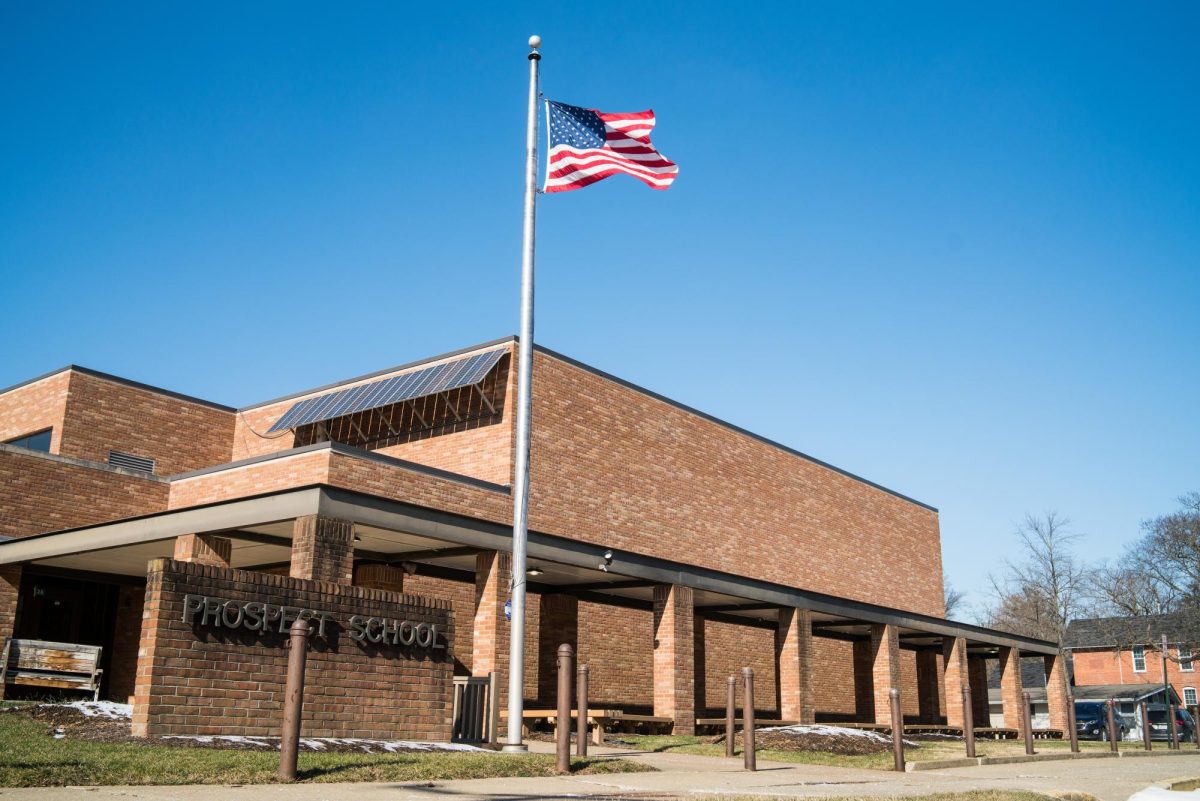Oberlin celebrated F1rst Generation Week this past week with a variety of activities aimed at students who are the first in their family to attend college. The activities focused on building community, sharing resources, and celebrating their accomplishments. Oberlin’s F1rst Generation Week Celebration is an expansion of the nationally recognized First-Generation College Celebration Day, which happens annually on Nov. 8.
Organized by the Center for Student Success, F1rst Generation Week brought together offices across Oberlin’s campus to host a variety of resource-sharing and community-building events. The office of Career Exploration and Development offered a professional clothing closet, the Allen Memorial Art Museum hosted a first-generation scavenger hunt with prizes, the Multicultural Resource Center hosted a letter-writing event, and the CSS offered a discussion on mental health needs of first-generation students and a community dinner, among other activities.
Oberlin offers a variety of support systems for first-generation students. The Peer Mentor program pairs returning first-generation students with a group of first-generation or Pell Grant-eligible first-year students to help ease their transition into college and connect them with resources they may not know are available.
Natalia Alvarado, a third-year peer mentor, reported feeling supported by the different Oberlin offices during F1st Generation Week.”
“I’m really excited seeing a lot of offices come together to support first-gen [students] because I feel like a lot of times, it’s kind of hard to navigate the mumbo-jumbo of these offices, and them showing their support this week is really important,” Alvarado said. “But it’s also important to emphasize that it’s more than just a week. This is my life every day.”
Colllege third-year Daniel Cruz, who is a peer mentor, talked about how as a first-year, the Peer Mentor program and first-generation community allowed him to feel more at home in Oberlin.
“Coming here, being a first-generation student, I didn’t know anything about what college life would be like,” Cruz said. “It was easy to feel a sense of isolation from everybody else, so I think being able to connect and interact with other students … really helped me get rid of that feeling of isolation.”
Cruz said that his Peer Mentors inspired him to become a peer mentor himself.
Alvarado also talked about feeling supported by the peer mentor program.
“The entire aim for the Center for Student Success is to help first-generation, low-income students,” Alvarado said. “Peer mentors who were mentors at the time played a big role in my success here at Oberlin. I didn’t think I was going to major in Comparative American Studies until I met one of the peer mentors as a first-year, and I’ve been on that path ever since.”
First-generation students also emphasized the importance of F1rst Generation Week as a way to gather and celebrate the first-generation community at Oberlin.
“It’s hard to find community on campus, especially in the first-gen, low-income community,” third-year Peer Mentor Melissa Nova said. “I’m just excited to see what community we can foster this year.”
Cruz mentioned a similar feeling. In particular, Cruz was excited about the community dinner, which brought together first-generation students, faculty, and staff to socialize and applaud each other’s successes.
“I think that’s a really good place for the community to gather and just celebrate F1rst Generation week,” Cruz said. “I want to meet other first-generation students and other students in general.”
Director of Student Success Operations Amanda Shelnutt worked closely with the Center for Student Success’ peer mentors to plan the event. She said that in addition to resource-sharing, one of the primary goals of F1rst Generation Week was “really celebrating the community on campus that’s here, whether you’re faculty, staff, or student, and helping that community build relationships with each other.”
Many resources available to first-generation students center the goal of community-building and resource-sharing. Shelnutt discussed how she views the importance of these communities and support systems.
“Because first-gen students don’t typically have someone at home who understands the collegiate life, it’s really important to have people here that understand you and can help support you in that way,” she said. “Having people that understand where you’re coming from in one aspect of your life and helping encourage you and push you forward and build you up and celebrate your successes is incredibly important.”
Another thing that many first-gen students mentioned was the desire to bring what they learned and discovered at Oberlin back to their communities at home.
“I came here not only for myself, but to better my situation as well as spread knowledge back to my family and peers,” Nova said. “Being first-gen means being able to bring back the knowledge I learned to my community and share it in that way, so I have a lot of pride in being the first [and] also just being able to share my knowledge.”
Alvarado mentioned a similar feeling.
“There just came a point where my parents couldn’t help me academically anymore,” Alvarado said. “So I applied to colleges all by myself, I did all of the financial aid documents by myself, I did everything by myself. I can bring back something really special to my community in Chicago, coming from a low-income household and a single-parent household.”
Both Alvarado and Nova also mentioned that considering themselves first-generation wasn’t something that they ever thought about until arriving in Oberlin.
“I didn’t really feel any different until I got here, and I realized that I was in a different situation than everyone else,” Nova said. “Other people may have known how to … navigate around campus while I didn’t, just because I didn’t have that exposure.”
Alvarado added that having other people perceive her as a first-generation student was a new experience.
“I didn’t really know what it meant to be first-gen until late in my life,” Alvarado said. “I think it’s interesting that a lot of other people perceived me as first-gen before I even knew what it meant to be first-gen. … I didn’t really feel that pride until well into my time at Oberlin.”
Shelnutt emphasized the importance of recognizing and appreciating first-generation students, both through F1rst Generation Week and also more broadly in the Oberlin community.
“It takes a lot of grit and strength and perseverance and big dreams to be a first-generation student,” Shelnutt said. “This is really geared toward spreading awareness on campus of first-gen needs and also having them tell their stories, because until you hear someone’s story from a variety of viewpoints, you don’t really understand what you need to do to change to serve that population.”
Nova, Cruz, and Alvarado all agree that celebrating first-generation students is needed and important for the community.
“I think the first-generation community is a large part of what makes Oberlin a safe space for students to come in,” Cruz said. “I think that community here is one of the reasons that I like Oberlin. It’s all of the people here.”


